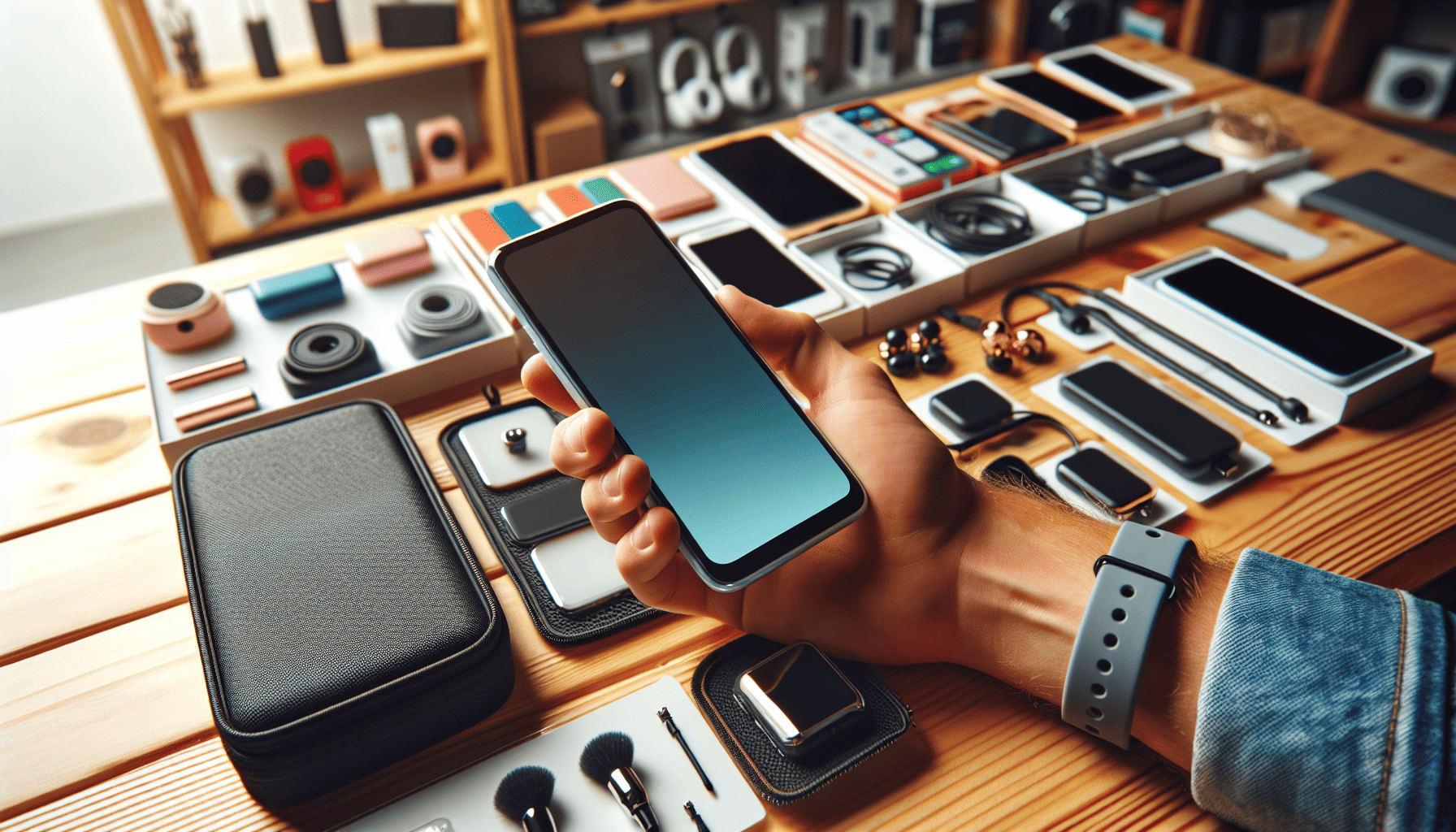In today's fast-paced digital world, choosing the perfect phone can be overwhelming. With numerous models and features flooding the market, making an informed decision is crucial to ensure you get the best value for your money. Here are some expert tips and product comparisons to help you find the ideal phone for your needs.
Understand Your Needs
Before diving into the technical specifications, it's essential to understand what you need from a phone. Are you a photography enthusiast, a gamer, a professional who needs seamless multitasking, or someone who just wants a reliable device for communication? Identifying your primary use can significantly narrow down your options.
Consider the Operating System
The choice between iOS and Android often boils down to personal preference. iOS, exclusive to Apple devices, offers a seamless ecosystem and regular updates. Android, available on a wide range of devices, offers more customization and variety. Consider which system you find more intuitive and which aligns better with your other tech devices.
Evaluate the Processor and RAM
The processor and RAM determine how smoothly your phone runs. For basic use, a mid-range processor with 4-6 GB of RAM should suffice. For gaming or intensive multitasking, opt for a high-end processor and at least 8 GB of RAM to ensure lag-free performance. Brands like Qualcomm, Mediatek, and Apple's Bionic chips regularly feature top-tier processors.
Check the Camera Quality
If photography is a priority, pay close attention to the camera specifications. Look for phones with larger apertures, optical image stabilization, and higher megapixels for better clarity. It's also wise to read camera reviews and compare photo samples taken in different lighting conditions.
Consider Battery Life
Battery life can make or break your phone experience. Phones with larger batteries (measured in mAh) typically last longer, but it's also important to consider software optimization. Features like fast charging or wireless charging can also enhance convenience.
Display Quality
Your phone's display is your window to the digital world. Consider the screen size and resolution, especially if you consume a lot of media. AMOLED and OLED displays often provide better contrast and color saturation compared to LCD screens.
Storage Capacity
Ensure you have enough storage for your apps, photos, and files. A minimum of 64 GB is recommended for average users, though 128 GB or more is advisable if you store a lot of media. Some Android phones offer expandable storage via microSD cards, which can be a cost-effective solution.
Design and Build Quality
A phone's design and build quality affect its durability and aesthetic appeal. Materials like glass or metal offer a premium feel, while plastic may be more resilient to drops. Choose a design that feels comfortable to hold and meets your durability expectations.
Budget Consideration
Set a budget before starting your search. The smartphone market offers a range of devices from budget to flagship models. Remember, the most expensive phone is not always the best for your needs.
Compare Products
Once you have a list of potential phones, compare them side by side. Look for online comparisons and reviews that focus on the aspects that matter most to you. Sites like GSMArena or YouTube tech reviewers provide in-depth analyses and real-world tests.
Future-Proofing
Lastly, consider future-proofing your purchase. Look for models with the latest connectivity options like 5G and Wi-Fi 6. Ensuring your phone can run the latest apps and get software updates will extend its lifespan.
In conclusion, buying the ideal phone requires balancing your needs, preferences, and budget with the myriad of options available. By understanding the key features and utilizing expert reviews to compare models, you can navigate the smartphone market with confidence and find a device that perfectly suits your lifestyle.
